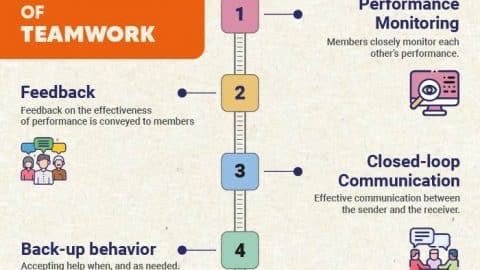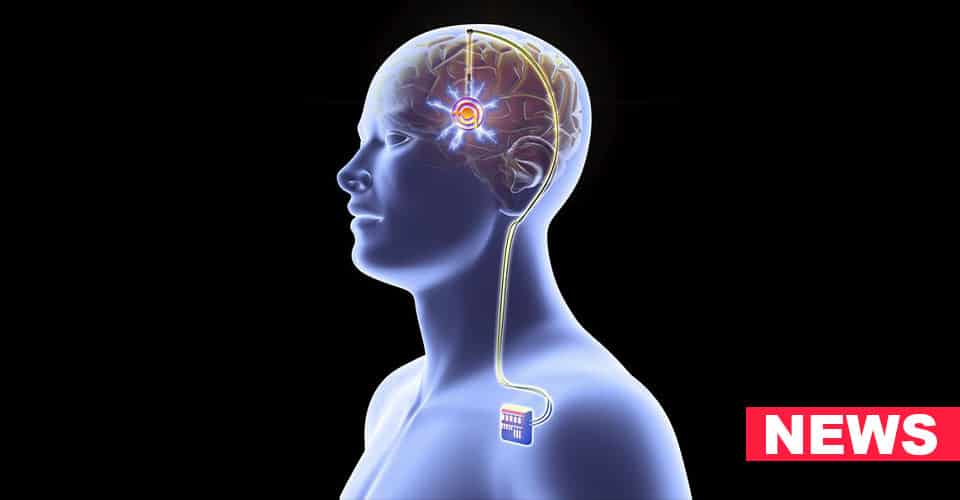Concerns Over Kids’ Screen Time
Parents worldwide share a common concern – the impact of screen time on kid’s wellbeing.
A 2021 poll revealed that Australian parents ranked number-one in their concern for the impact of screen time on kid’s wellbeing, surpassing worries about cyberbullying and unhealthy diets. However, the extent to which parents should be worried remains a topic of debate.
The abundance of conflicting information on this topic further adds to the confusion. Some psychologists have likened excessive screen time to smoking, citing concerns about “second-hand screen time,” while others downplay these concerns.
The academic community is similarly divided, with limited clarity on the benefits, risks, and harms of the digital landscape, as acknowledged by The Lancet in 2019.
To provide clarity, a new research study was undertaken, aiming to offer parents, policymakers, and researchers a comprehensive summary of the best available evidence regarding the impact of screens on children’s physical and psychological health, education, and development.
The Research Methodology
Meta-analyses, regarded as one of the most robust forms of evidence, were employed in the study to consolidate findings from numerous research studies.
The researchers compiled all English-language meta-analyses on screen time in children, regardless of the outcomes examined.
The study reviewed a total of 217 meta-analyses, with nearly half published within the last two years.
These meta-analyses drew from 2,451 individual studies involving more than 1.9 million children and adolescents aged up to 18 years.
The individual studies spanned from 1954 to 2021, while the meta-analyses were conducted between 1982 and 2022.
Limited Impact of Screen Time on Kid’s Wellbeing
The overarching conclusion of the study is that the influence of screens on various outcomes, including depression, body weight, literacy, and sleep in children, is relatively small.
Most results exhibited correlations below 0.2, a magnitude akin to the correlation between height and intelligence.
While this suggests that, on average, screen time has a small impact, it does not imply that every child’s experience will mirror this.
The Role of Content and Usage
Interestingly, the research indicates that it is not the screens themselves that significantly affect children but rather the content they engage with and how they use these devices.
Television, a long-standing concern for parents, was found to be associated with poorer academic performance and literacy skills.
The study did not prescribe specific time limits but revealed a linear relationship – as a child’s TV consumption increased, their literacy skills tended to decline.
However, a noteworthy exception emerged: when children watched educational programs or did so in the company of a parent, there were tangible benefits to their literacy.
This positive effect is attributed to the opportunities it creates for parents to engage with their children, fostering discussions and questions that contribute to language development.
The Dark Side of Social Media
While some forms of screen time showed mixed outcomes, one category consistently demonstrated harm without evidence of benefits: social media.
The study identified a strong association between increased social media usage and heightened risks of depression, anxiety, and risk-taking behavior in children.
This aligns with advice from the US Surgeon General, which highlights the dual nature of social media – offering community and connections for young people while simultaneously posing threats to their mental health.
Shift the Focus from Time Limits to Content
One crucial takeaway from this research is the inadequacy of the term “screen time.” It lumps together activities as diverse as FaceTiming with family and scrolling through TikTok.
To address this issue, the study suggests shifting the focus away from arbitrary time limits and toward the content and activities children engage with on screens.
Encouraging children to explore educational apps, TV programs, and video games can be more beneficial than merely imposing screen time restrictions.
However, it is crucial to strike a balance, as children also require recreational screen time. Moreover, actively participating in screen activities with your child can offer additional benefits.
Don’t Forget Physical Activity
Regardless of the types of screen-based activities permitted, it’s vital to recognize that most screen time is sedentary.
Prolonged periods of sitting are detrimental to both children and adults, emphasizing the importance of interspersing screen time with physical activity breaks.
Quality Parenting Matters Most
In the final analysis, this research underscores that the most influential factor in child development is the quality of parenting.
Being present, dedicating quality time, and fostering a nurturing environment have a more profound impact on a child’s mental and physical health than the screen itself.
In essence, parents matter more than screens when it comes to their children’s well-being.
In navigating the complex landscape of screen time, parents and caregivers are encouraged to prioritize engagement with children’s screen activities, fostering educational opportunities, and ensuring that screens complement a balanced, active lifestyle.



























